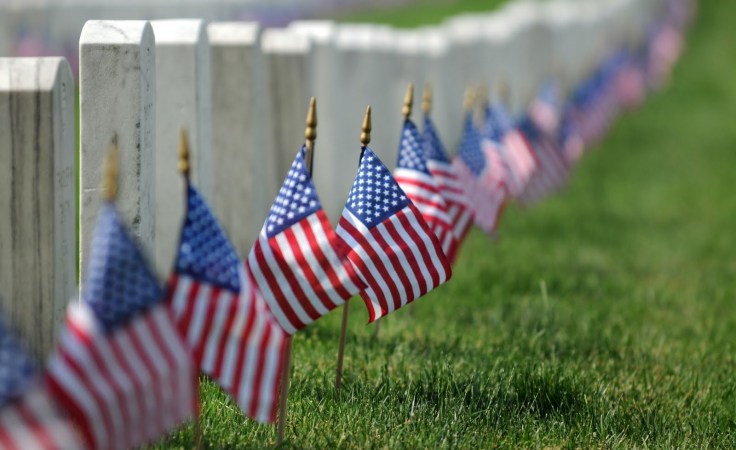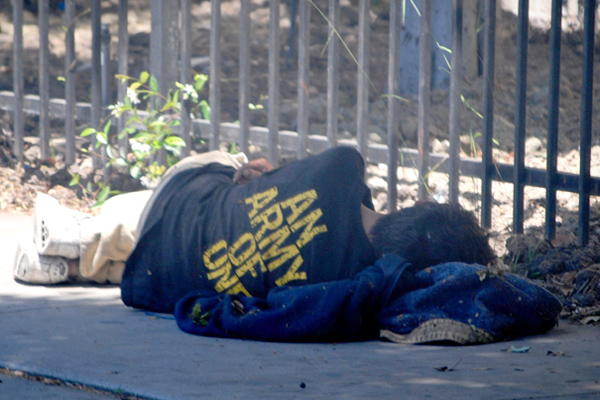
Back in the 1960’s the very thought of legal marijuana in the United States was virtually unheard of, taboo even. Now over 50 years later, California along with four other states in the union will be voting on the legalization of recreational marijuana use, a measure that has been proven to work in other states that has already legalized it. Marijuana has always been attributed to rising high school dropout rates, the criminal underworld, and other negative elements by propaganda put forth by politicians and law enforcement agencies. What they tend to ignore are the facts that marijuana is one of the most harmless drugs available when compared to the tobacco and alcohol industries. With the measure proving to be a total success in other states it would be in the best of interest for this state to take advantage of this proposition. The legalization many citizens will have more access to medical marijuana as means to cope with illnesses, businesses related to the industry will soar creating more jobs and boosting the economy, and the taxes implemented on sales will go towards police departments, scientific research, and improving the very livelihood of California residents.
Proposition 215 was passed in 1996, making California the first state to legalize the use of medical marijuana, with a physician’s approval of course. This paved the way for how state governments across the nation looked at the benefits of marijuana use with several copycat ballots proposed and passed in many other states after Proposition 215. Although patients who were approved for medical cannabis and carried the necessary licenses to use it were still finding themselves getting cited and even arrested by law enforcement if they were suspected of taking advantage of the drug. “Many legal patients have been raided or arrested for having dubious recommendations, for growing amounts that police deem excessive, on account of neighbors complaints, etc. Once patients have been charged, it is up to the courts to pass judgment on their medical claim”(Gieringer). Patients live in constant fear that police are targeting them even when they are within legal jurisdiction. With the passing of Proposition 64 this paranoia will cease to exist and patients will have more focus on dealing with their illnesses.
Colorado has seen a surge of economic growth in the marijuana industry since its legalization of the drug in 2012. Many up and coming entrepreneurs have found themselves thriving in a business that has been once viewed as distasteful and using their newfound success to better themselves and others. Gone are the shady drug dealers on street corners selling buds compared to all the educated business owners with the necessary licenses and state credentials needed to grow, sell, and distribute marijuana to their consumers all the while paying state taxes. “Now these newly minted moguls are providing jobs, paying taxes (an estimated $134 million this year) and navigating the strict regulations and ambiguities of an industry that— while illegal on the federal level—may rack up $1 billion in sales this year”(Dodd). With all that money being generated into the economy and all the jobs being created it’s difficult to comprehend how people are still opposed to this idea. California can see this potential economical success if given the chance on Election day.
Proposition 64 would propose a sales tax on all marijuana sales in comparison to the current taxes implemented on all tobacco sales. The money collected from these taxes would go towards programs such as medical marijuana research at California universities, developing new protocols for law enforcement agencies, and grants for health departments for use in drug education and treatment programs. These taxes have been proven to work and has actually exceeded expectations in the states where marijuana use is legalized. “Colorado marijuana tax revenues now greatly exceed original estimates of $70 million per year. Collections of $56 million in calendar year 2014 grew to $113 million in calendar year 2015, and will likely exceed $140 million in calendar year 2016”(Henchman). However, Colorado is seeking to lower the sales tax on marijuana sales dued to the rise of black market sales which is something that Proposition 64 has taken into consideration. It’s estimated the taxes collected from sales would bring in revenue ranging from hundreds of millions of dollars to one billion dollars annually for California, surpassing tobacco and alcohol tax revenues. This proposal is certainly an opportunity that this state would greatly benefit from.
With every idea that is proposed there will always be a counter argument to go against it and Proposition 64 is no different. The legalization of marijuana has always been met with opposition ranging from law enforcement to parents who argue that their children would be influenced negatively by cannabis. One of the main counter arguments against Proposition 64 has simply led down to the welfare of children and their potential futures under the legalization. Arguments range from children being able to walk into any establishment and mistakenly confuse pot brownies with regular brownies thus leading to an accidental overdose or even death. Another argument is that children will be bombarded by advertisements showcasing marijuana use and products, leading to eventual use that the parents will have no control over. These assumptions are completely absurd as Proposition 64 has taken these concerns into consideration and proposes plans for safe usage for adults 21 and over only. By following the trials and errors the other states went through such as Colorado during their process of legalized recreational use, our state government should have no issues of regulating proper guidelines. “…shortcomings and challenges exist, and they cannot be overlooked or dismissed. Just as important, however, is that the state government has met the most basic standard of success: it has done what Amendment Sixty-Four instructed it to do. Colorado has effectively created regulatory and administrative apparatuses that facilitate the legal retail marijuana market”(Hudak). While there may be few cases of accidental overdoses or usage by children it’s ultimately up to the parents to teach their children right from wrong and to keep their recreational marijuana out of their children’s hands.
Proposition 64 will not only be a historical vote here in California but also for the entire country as other states are looking at us before making propositions of their own. If passed, we will be the biggest state in the union to legalize marijuana and with that the largest revenue gained from marijuana sales taxes. This proposition would be a proving ground for other states to follow and copy our regulations and guidelines towards recreational use. Some states might even start off with legal medical marijuana, benefiting those battling with their illnesses. Try to take advantage of the rising success of the marijuana industry and the jobs it’ll help create. Perhaps they’ll see the enormous amount of revenue gained from sale taxes implemented on all marijuana sales and use it towards improving their state. Whatever the case may be California will be a shining example of how we must throw away our assumptions and take advantage of an idea that will benefit our state for years to come.
Works Cited
Gieringer, Dale. “Patients’ Guide to Medical Marijuana Law in California.” canorml.org, http://www.canorml.org/medical-marijuana/patients-guide-to-california-lawAccessed 25 October 2016.
Dodd, Johnny and Bane, Vickie. “Marijuana Millionaires.” People, Vol. 82 Issue 4, 28 Jul. 2014, p82-85. 4p. EBSCOhost. Accessed 25 October 2016.
Henchman, Joseph and Scarboro, Morgan. “Marijuana Legalization and Taxes: Lessons for Other States from Colorado and Washington.” taxfoundation.org, http://taxfoundation.org/article/marijuana-legalization-and-taxes-lessons-other-states-colorado-and-washington. Accessed 25 October 2016.
Hudak, John. “Colorado’s Rollout of Legal Marijuana Is Succeeding: A Report on the State’s Implementation of Legalization.” Case Western Reserve Law Review, Vol. 65 Issue 3, p649-687. 39p. EBSCOhost. Accessed 25 October 2016.




